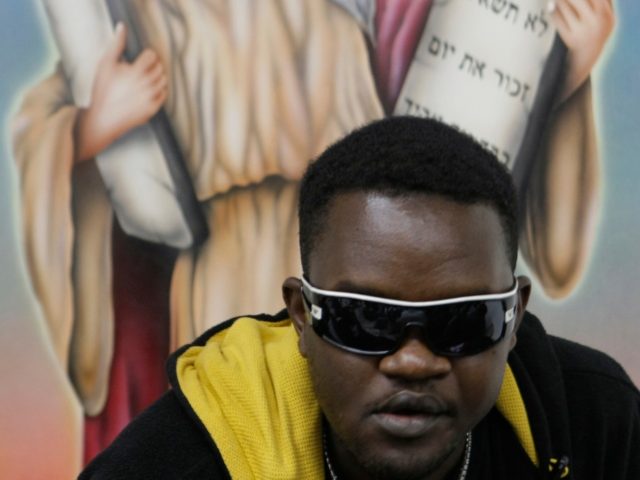Sudan’s new Minister of Religious Affairs Nasr al-Din Mufreh has called on Jewish expatriates to return home to the African nation following the ousting of former president Omar al Bashir.
“Citizenship in Sudan is not based on religion,” Mufreh said. “Sudan is pluralistic in its thinking, pluralistic in its culture, in its Islamic religious ideologies and sects and even in religions.”
“There is Islam, Christianity, and a minority that follows the Jewish faith,” Mufreh said. “It is possible that the minority has left the country and from here we would like to issue an invitation to return because Sudan, as long as there is a civilian government, believes that nationality is based on rights and duties.”
Mufreh made these remarks during an interview with Al Arabiya, the Saudi Arabian free-to-air television news channel.
Sudan once was home to a thriving Jewish community of some 1000 members, led by Rabbi Shlomo Malka from 1906 to 1949, the year of his death. Most abandoned the country as Islamic rule grew more pervasive.
Over the weekend, Sudanese writer Haidar Al-Mukashafi said on television that the Jewish presence in Sudan dates back over 1000 years, and there was even a rumor in the Sudanese city of Merow that Israeli Prime Minister Binyamin Netanyahu was born and raised in Sudan.
In his interview, Al-Mukashafi said that Jews and other minorities may come back to Sudan if reforms take place and there are sufficient incentives to do so.
Last week, Prime Minister Abdalla Hamdok announced the formation of the new government as part of the country’s transition to democracy, the first since the overthrow of the dictatorship of Omar al Bashir last April.
In July, the Transitional Military Council (TMC) and the Forces of Freedom and Change (FFC) alliance agreed to a 39-month transitional process to return to democracy, including the creation of executive, legislative, and judicial structures and procedures.
The new transition team, Hamdok said at a press conference, is currently made up of 18 ministers who will be joined by two more and will immediately begin their work “in a harmonious and collective manner.”
The new executive includes four women, including Asmaa Abdallah, who has become the nation’s first female foreign minister.

COMMENTS
Please let us know if you're having issues with commenting.